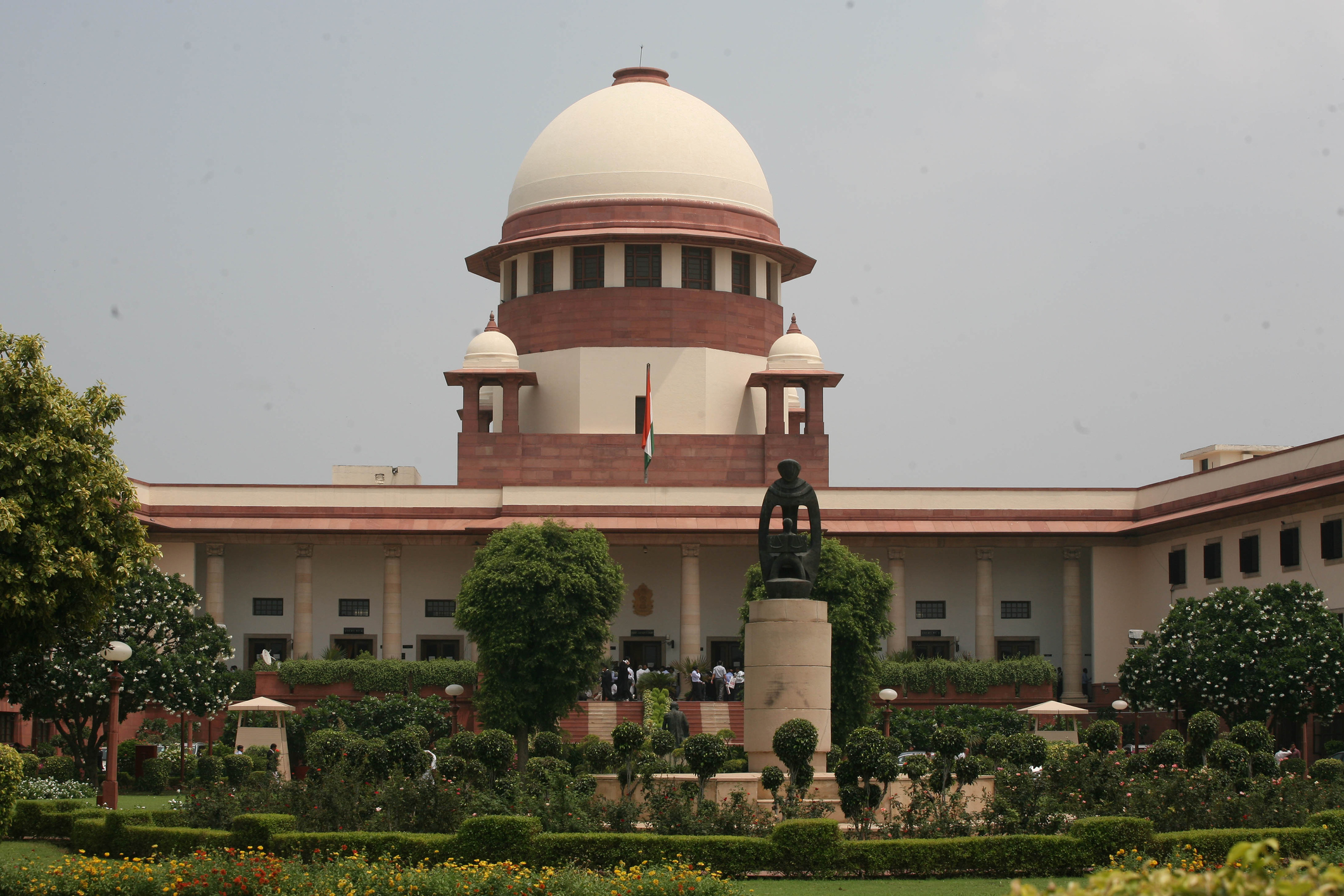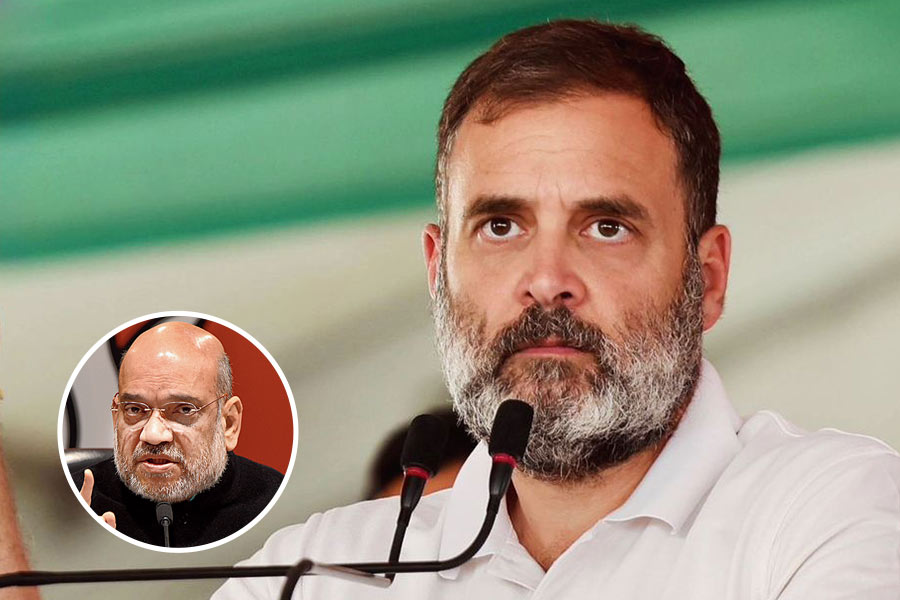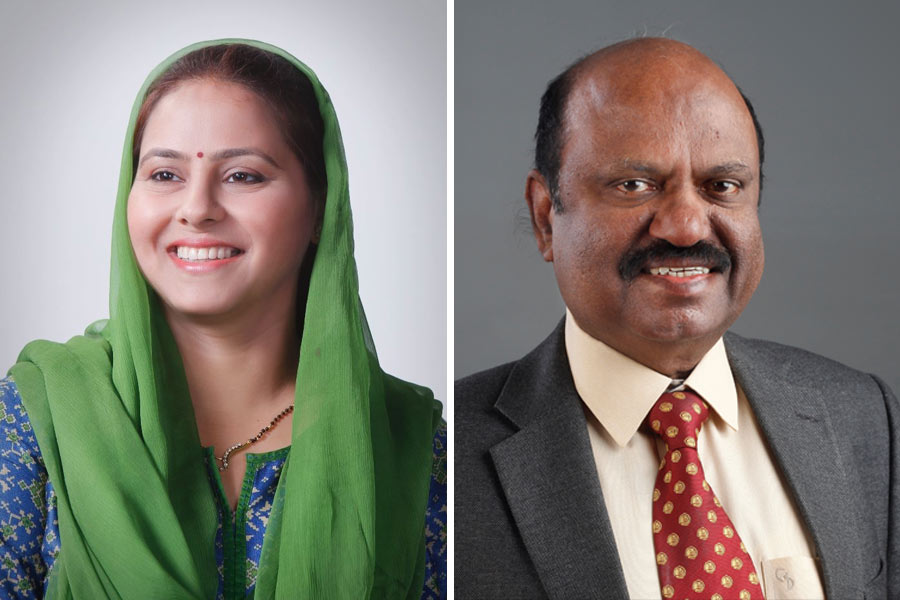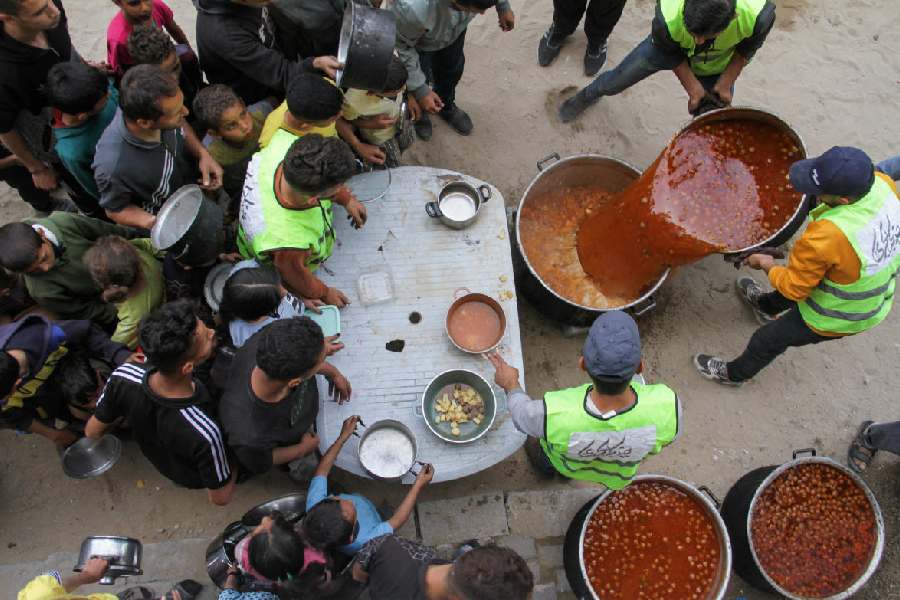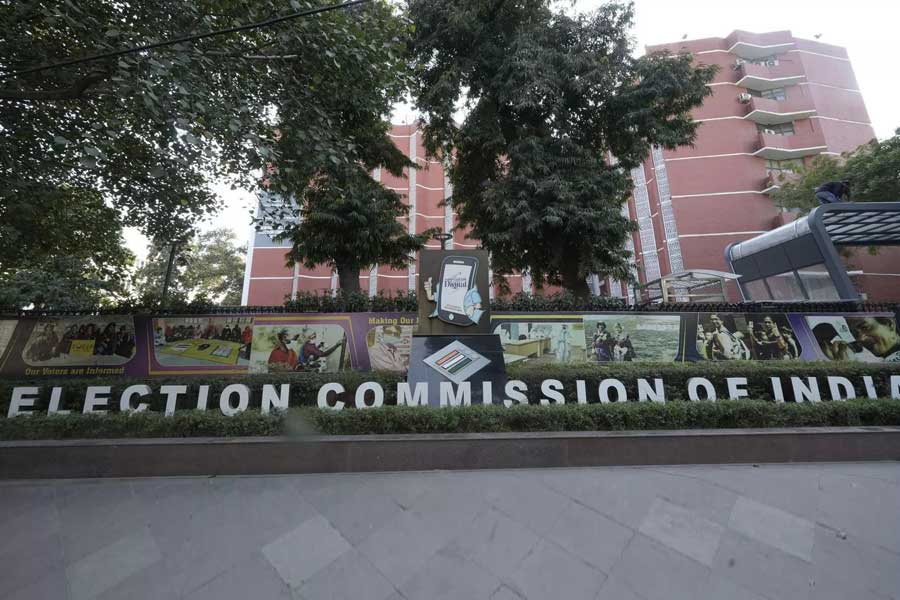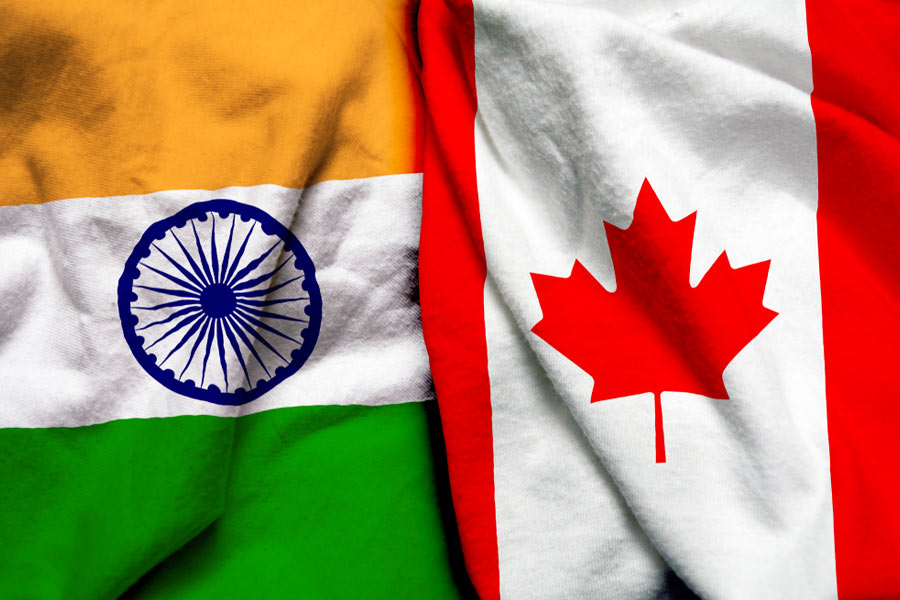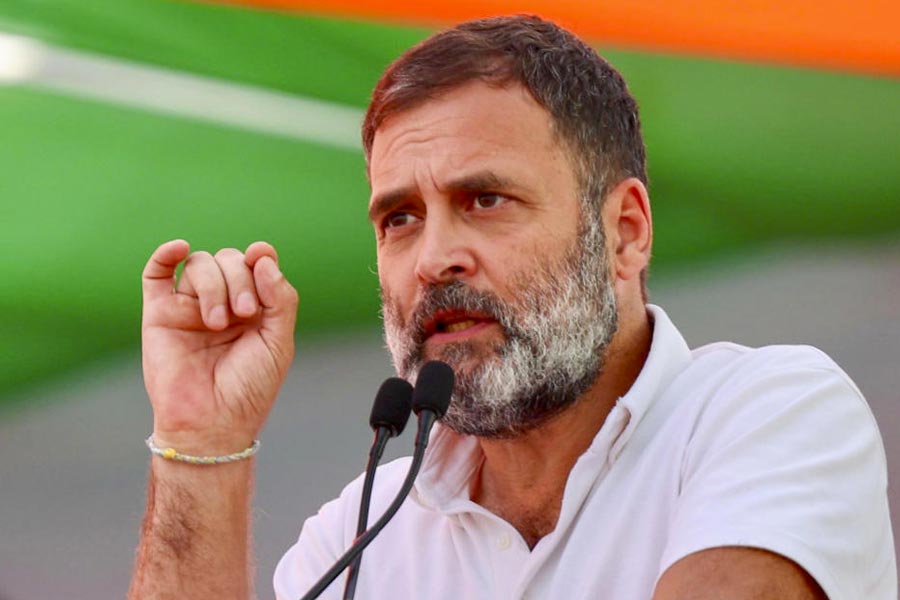In a significant ruling, the Supreme Court on Friday said that access to Internet is a fundamental right under Article 19 of the Constitution and asked the Jammu and Kashmir administration to review within a week all orders imposing curbs in the Union Territory.
A five-judge bench headed by Justice N. V. Ramana also asked the J&K administration to restore Internet services in institutions providing essential services like hospitals and educational places.
The verdict came on a batch of pleas which challenged curbs imposed in Jammu and Kashmir after the Centre's abrogation of provisions of Article 370 on August 5 last year.
These batch of pleas were different from another set of petitions which challenge constitutional validity of abrogation of Article 370, being heard by a five-judge Constitution bench. The bench will resume its hearing on January 21.
The three-judge bench which also comprised justices B. R. Gavai and R. Subhash Reddy said Section 144 CrPC (prohibitory orders) cannot be used indefinitely to suppress freedom of speech and expression and difference of opinion.
The bench said access to Internet is a fundamental right under Article 19 of the Constitution, subject to some restrictions and said freedom of press is a valuable and sacred right.
It said magistrates, while passing prohibitory orders, should apply their mind and follow doctrine of proportionality.
The Supreme Court had on November 27 reserved its verdict on a batch of pleas including that of Congress leader Ghulam Nabi Azad challenging the restriction.
The Centre had referred to terror violence in the Kashmir Valley and said that for the past many years, terrorists were being pushed through from across the border, local militants and separatist organisation had held civilians captive in the region and it would have been 'foolish' if the government had not taken precautionary steps to secure the lives of the citizens.

